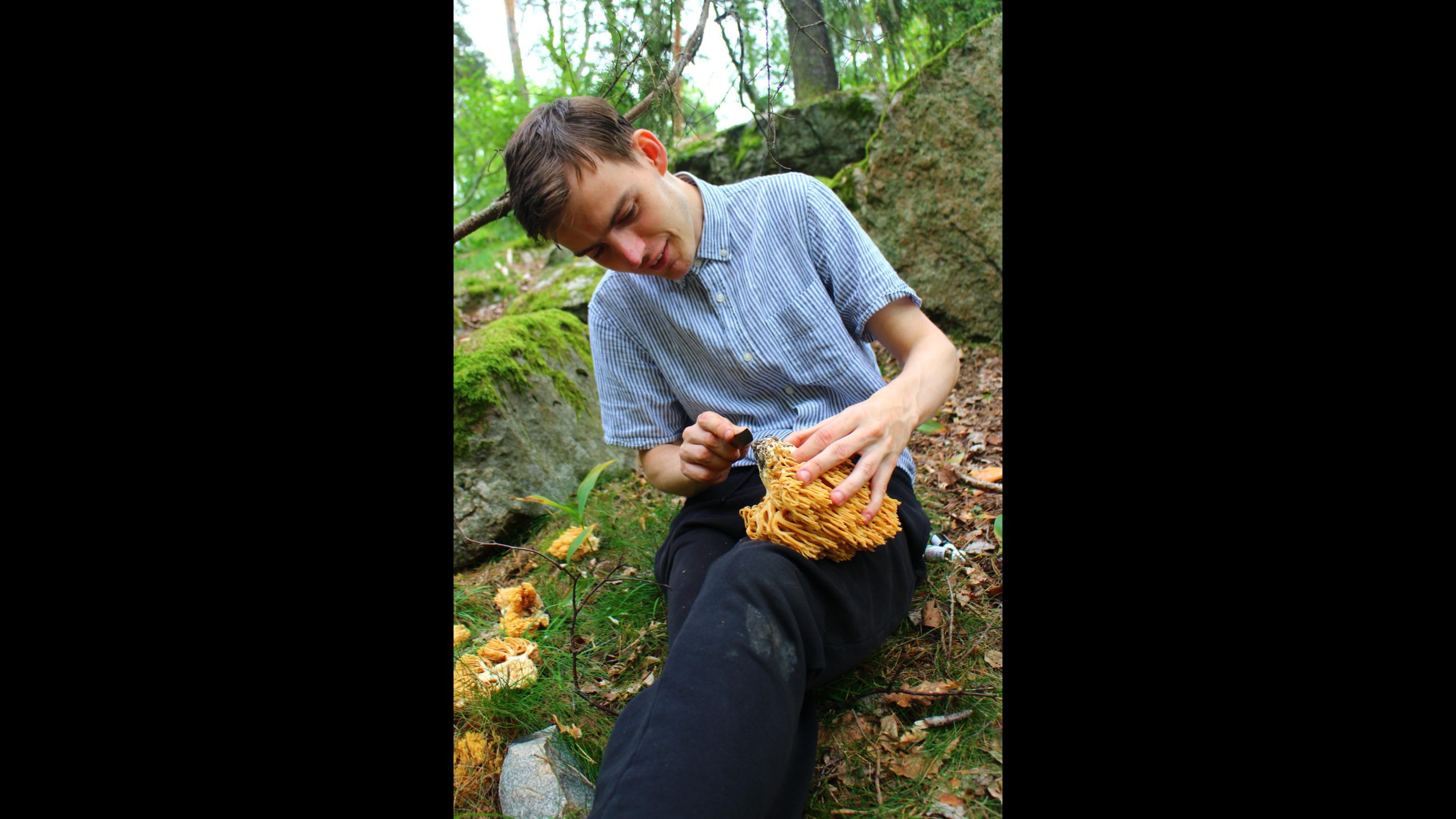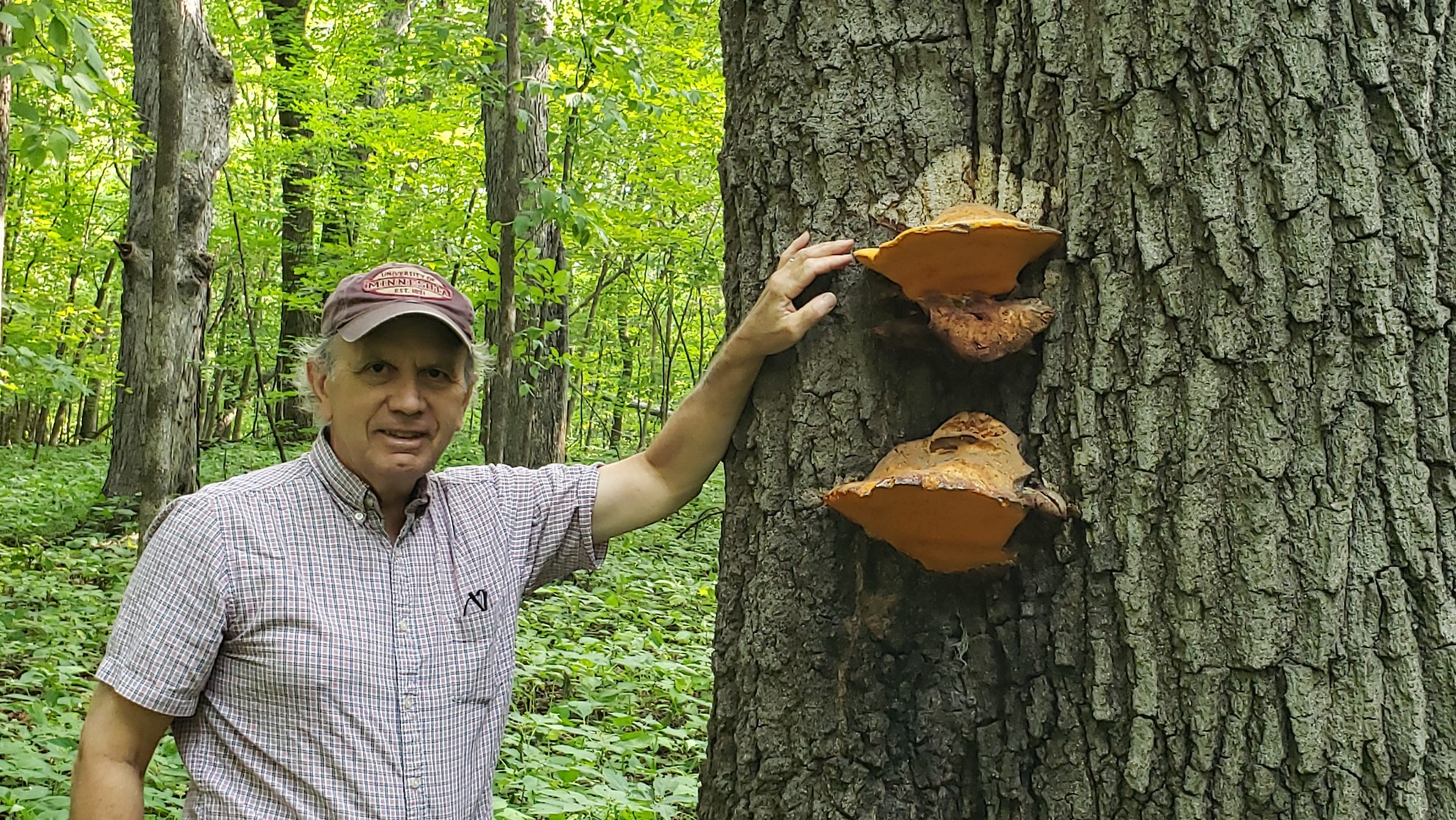Not all coral fungi are Ramaria: Field characters and taxonomy of Ramarioid fungi within the order Gomphaceae
This presentation provides an overview of Ramarioid fungi, beginning with how to distinguish Ramaria from other coralloid fungi (Artomyces, Clavulina, etc.), and how to distinguish Ramaria from other Ramarioid genera within the Gomphales. We will then focus on Ramaria and cover distinguishing features of the subgenera. Further, the importance of documenting field characters for identification will be discussed. Many European species can be identified with proper documentation without microscopy, and it is very likely that similar concepts can be applied in North America. A practical key will be outlined, and notes on DNA sequencing considered.












